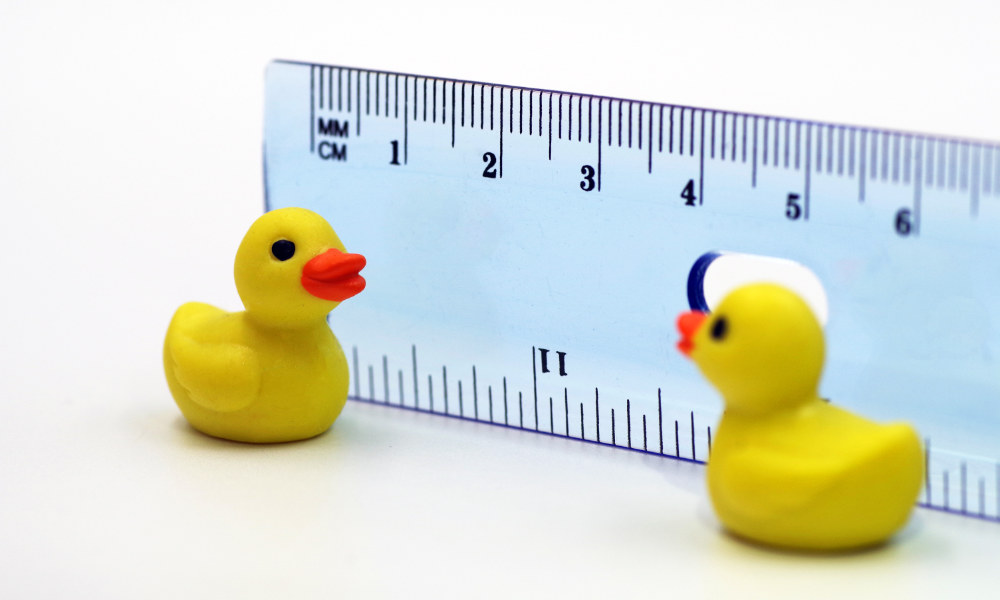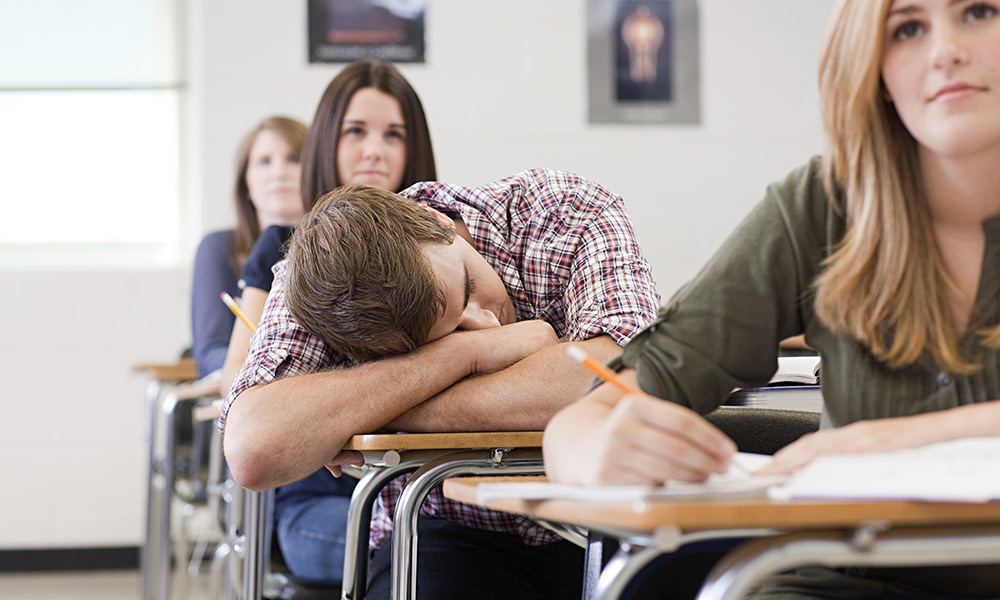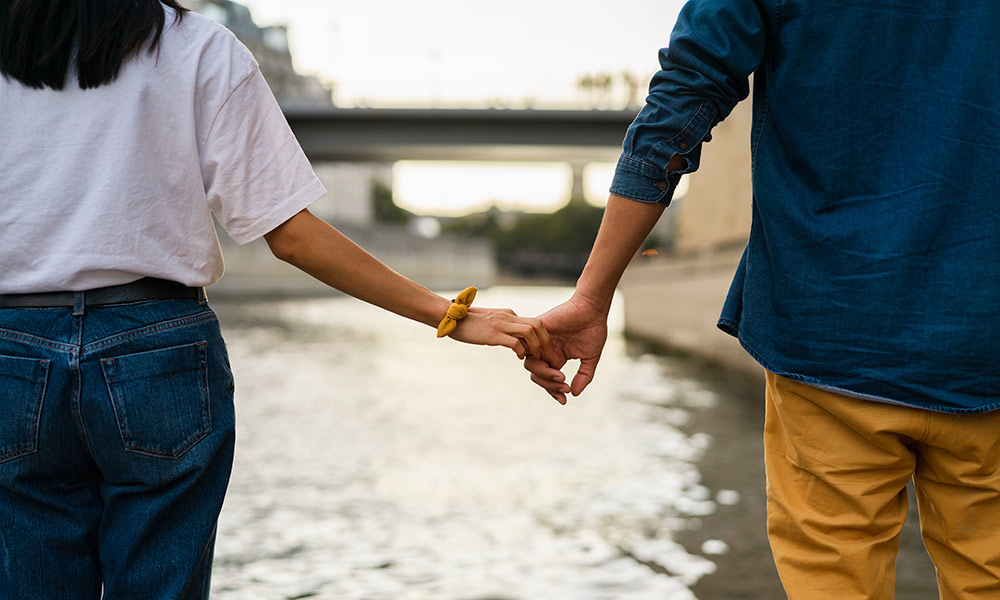
Can an app improve your romantic relationship?
Couples report healthier, stronger relationships after one month of using a relationship app codeveloped by a Rochester psychologist.

What’s the secret ingredient that makes a happy couple or family?
Analysis by University of Rochester researchers shows that psychological flexibility can shape how individuals interact with the people closest to them.

‘Make every effort to connect—digitally—with other people’
While social distancing is key to slowing the spread of coronavirus, people can combat the isolation with technology, say two Rochester psychologists.

Parents aren’t powerless when it comes to sleep-deprived teenagers
Teenagers in the US don’t get enough shut eye, and the consequences of this epidemic of sleep deprivation are extensive. But researchers at the University of Rochester have found that a simple solution yields solid results: setting a bedtime and sticking to it.

Do open relationships work?
Past studies have attempted to gauge the success of nonmonogamous relationships. Now a Rochester team has studied the distinctions and nuances within various types of nonmonogamous relationships and found that solid communication is key.

Love in the time of Tinder
More than one-third of the sample in a recent survey by associate professor of psychology Ronald Rogge used dating apps. Rogge joined professor Harry Reis on WXXI to discuss this and other changes in dating culture.

‘Vital signs’ of teaching captured by quick, reliable in-class evaluation
A 20-minute classroom assessment that is less subjective than traditional in-class evaluations by principals can reliably measure classroom instruction and predict student standardized test scores.
